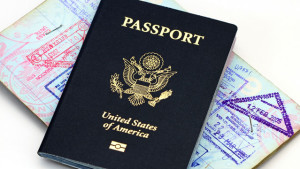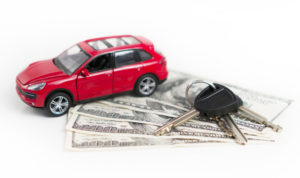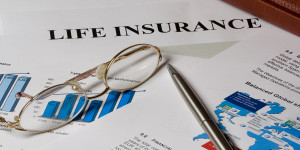Dear Liz: My wife and I are retired and don’t have enough income to file tax returns. How can we get our stimulus checks?
Answer: If you get Social Security checks, your stimulus checks will be sent to you automatically, either via direct deposit if that’s how you get your benefits or paper check.
If you don’t collect Social Security yet and didn’t file a tax return for 2018 or 2019 because your income was below the limit to require filing, the IRS.gov website has more information.
The IRS has started sending out stimulus checks via direct deposit for people who filed 2018 or 2019 returns and provided their bank information. Those who filed returns but did not provide their bank information can follow an IRS “Get My Payment” link for assistance.
 Today’s top story: Capital One letting you use miles on takeout, delivery, and streaming. Also in the news: Coronavirus auto insurance refunds – how much to expect, how to school kids on money lessons during the outbreak, and how to check if you’re eligible for food stamps.
Today’s top story: Capital One letting you use miles on takeout, delivery, and streaming. Also in the news: Coronavirus auto insurance refunds – how much to expect, how to school kids on money lessons during the outbreak, and how to check if you’re eligible for food stamps. Today’s top story: Where Coronavirus relief checks go, fraudsters follow. Also in the news: What to do if you’re a U.S. citizen stranded abroad right now, how to strengthen your financial resilience with these 3 insights, and why you should keep paying your federal student loans right now, if you can.
Today’s top story: Where Coronavirus relief checks go, fraudsters follow. Also in the news: What to do if you’re a U.S. citizen stranded abroad right now, how to strengthen your financial resilience with these 3 insights, and why you should keep paying your federal student loans right now, if you can. Today’s top story: Don’t let your Coronavirus relief check disappear into your debts. Also in the news: How to make your car last 200,000 miles, what kind of credit card relief you can request during the pandemic, and how to check the status of your Coronavirus relief payment.
Today’s top story: Don’t let your Coronavirus relief check disappear into your debts. Also in the news: How to make your car last 200,000 miles, what kind of credit card relief you can request during the pandemic, and how to check the status of your Coronavirus relief payment.  Today’s top story: What to know about buying life insurance during the Coronavirus pandemic. Also in the news: How to earn passive income, deferring a personal loan payment, and how to sell your home during the Coronavirus shutdown.
Today’s top story: What to know about buying life insurance during the Coronavirus pandemic. Also in the news: How to earn passive income, deferring a personal loan payment, and how to sell your home during the Coronavirus shutdown.  Today’s top story: How to file for Coronavirus unemployment if you’re self-employed. Also in the news: Should you save your miles and points or spend them, 8 ways to switch up the new at-home normal, and a new episode of the SmartMoney podcast on what to do when you owe the IRS.
Today’s top story: How to file for Coronavirus unemployment if you’re self-employed. Also in the news: Should you save your miles and points or spend them, 8 ways to switch up the new at-home normal, and a new episode of the SmartMoney podcast on what to do when you owe the IRS.